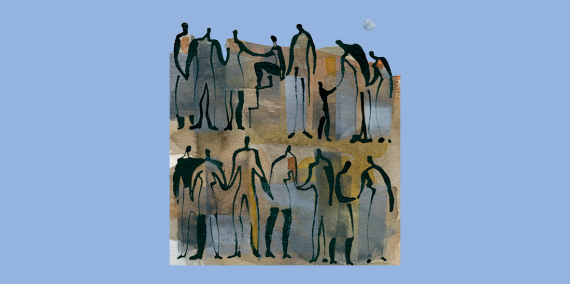SubjectEcology and environment

It is not by chance that the pandemic has especially hit big cities like Barcelona. Open to the world, its power of attraction and connectivity have made the city more fragile. We must...

The first international conversation about the coronavirus is being held virtually, as it couldn’t be done otherwise. Alessandro Baricco explains that the dynamism of...

It is at times of crisis that today’s deficiencies and challenges become increasingly apparent. Fortunately, future priorities may also come out stronger. The Covid-19 lockdown has made...

The coronavirus crisis will not mean the end of globalisation or of European integration, but an incentive to configure them differently. In the wake of crises there are lessons learned...

One of the attractions of city life is proximity, closeness and life...

The climate emergency declaration in Barcelona is heralding a change in mind-set that will also bring a transformation of culture. The decade we are beginning calls...

The design of the current welfare state and the social and economic reality facing young people today suggest that their demands will be more of a qualitative (a reorientation of policy...

We are experiencing a generational regression for the first time. The social elevator, which had greatly improved the status of previous generations, has ground to a halt. To date,...
The newsletter
Subscribe to our newsletter to keep up to date with Barcelona Metròpolis' new developments


